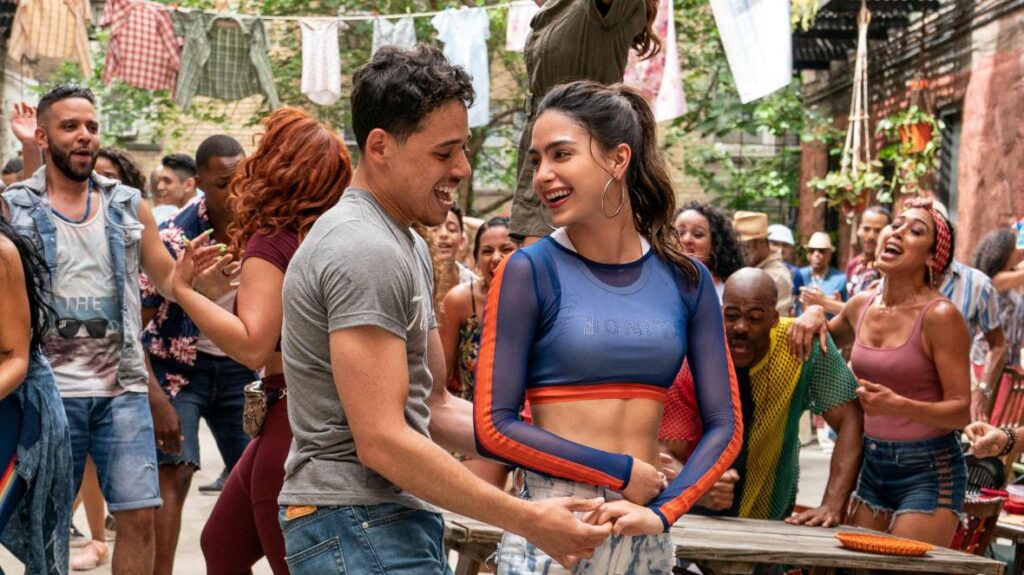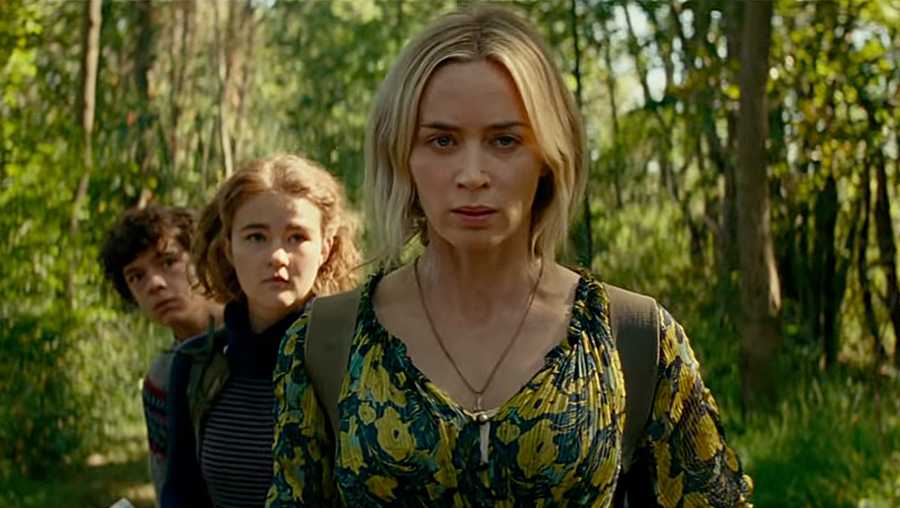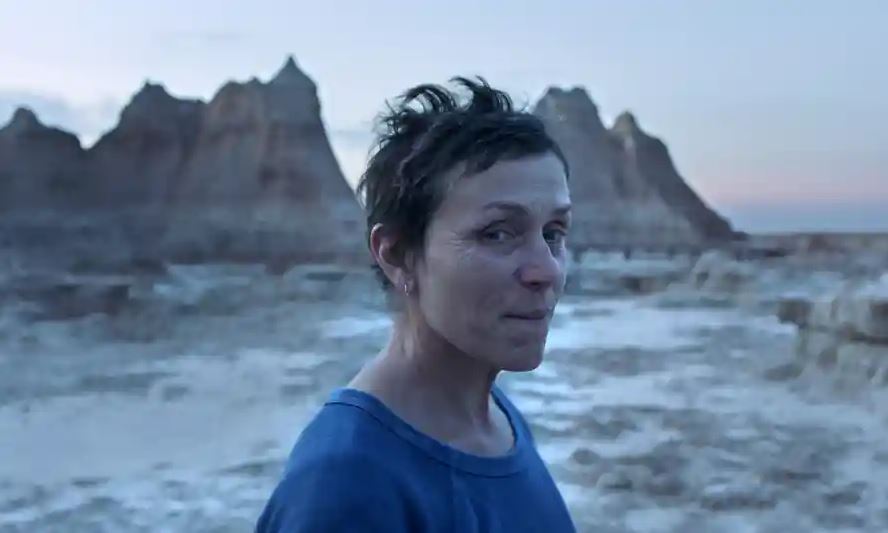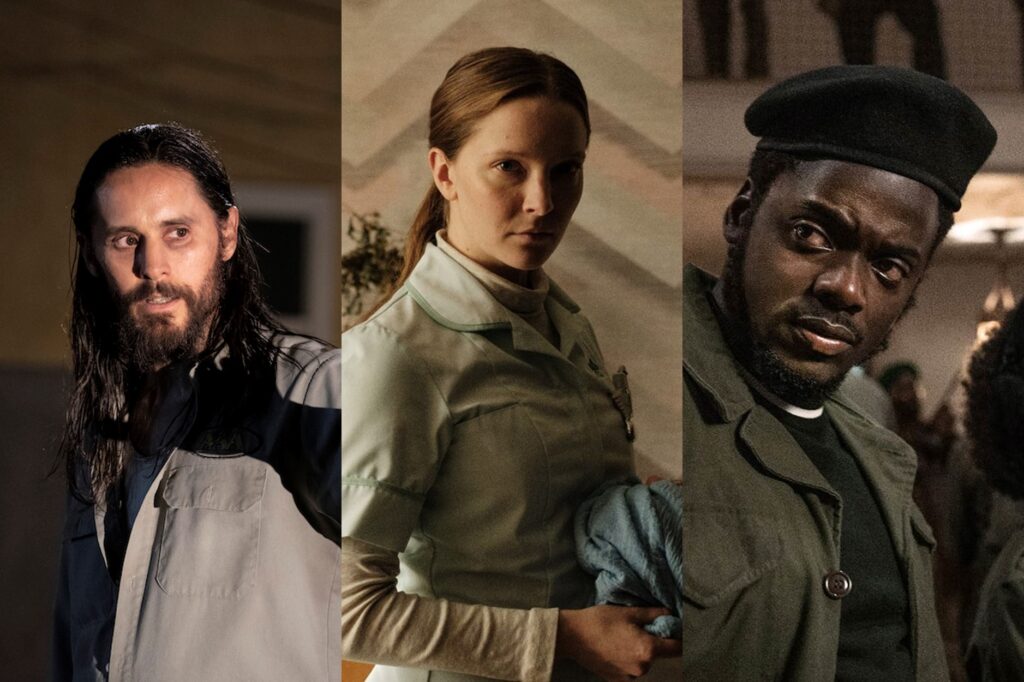Luca: Summer Loving, Glazed by the Past
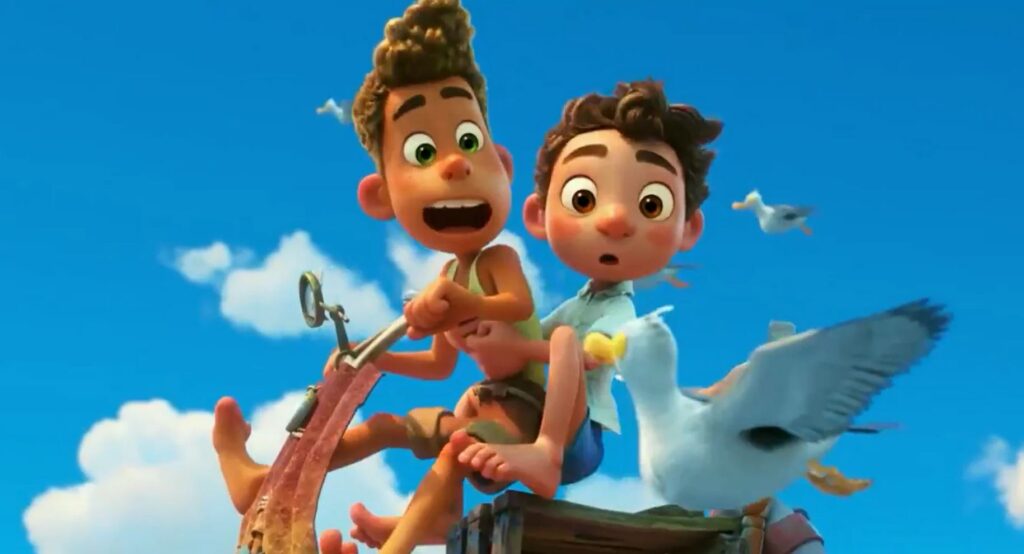
Luca is a shape-shifting sea monster, and Luca itself is something of a transformer. It is by turns (and sometimes all at once) a coming-of-age story, an underdog sports movie, an ode to canonical Italian cinema, and a heartfelt fable of tolerance. That it ably fulfills all of these roles without succumbing to chaos or incongruity is a testament to the dexterity of its storytelling and the fluidity of its construction. It doesn’t so much offer something for everyone as it provides everything for someones—namely, for those audiences who hunger for art that is simultaneously funny, kinetic, sweet, and affirming.
It is not—and with every new Pixar release, the conversation tends to focus on what it isn’t rather than what it is—terribly imaginative. Small in scale and gentle in heart, Luca lacks the bold ingenuity that has (ahem) animated some of the studio’s more impressive recent works: the metaphysical philosophizing of Soul, the existential angst of Toy Story 4, the triumphant razzle-dazzle of Incredibles 2, the anthropomorphized emotions of Inside Out. But not every Pixar picture can be expected to stretch or redefine an entire genre, and besides, lamenting Luca’s familiarity risks diminishing some of its considerable charm. Here is a playful, gorgeous, heart-warming adventure that tells its tender story with craft and conviction. That it occasionally resembles other movies seems a small price to pay. Read More

